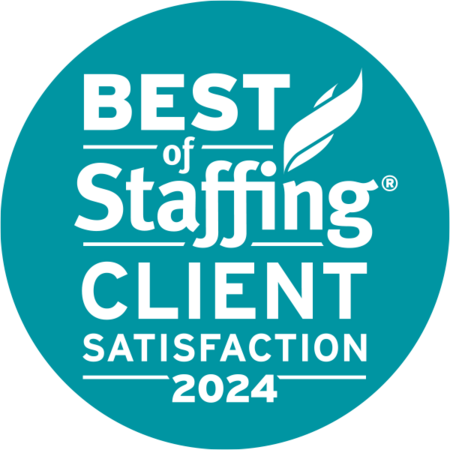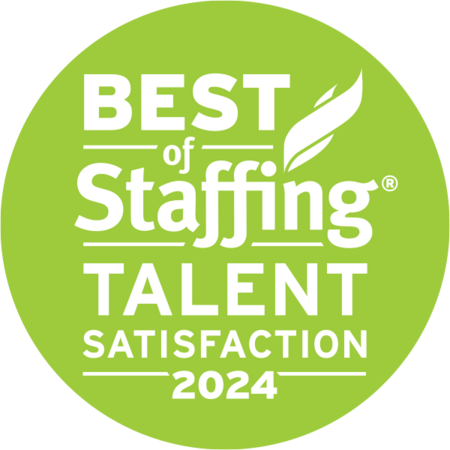Big signing bonuses, competitive benefit packages, and flexible work arrangements. The red-hot job market has been loaded with opportunities that tout more money and ultra-competitive perks.
So, you jumped ship and moved to a new company.
But a few months in, you’re having second thoughts. What should you do? Here are a few tips to help you make smart decisions on the path ahead.
- Don’t make another hasty decision. Pause and really assess the situation. Ask yourself: Why are you unhappy in the new role? What’s missing? What were the reasons and/or incentives for taking the position? Is there anything you like more about your previous job? Weigh these factors against one another and take some time to truly understand why and what you are feeling. You may be experiencing bumps related to short-term circumstances.
- Determine if there are ways to improve the situation. First, reflect on the onboarding process. Did you receive adequate training? Have expectations been clearly communicated? Can you ask for support if the answer to either of these is no? Second, consider company culture. Do your personal values align with corporate values? Is the culture authentic? Third, do you have a good relationship with your manager? Do you think your supervisor is invested in your future and success? Once you’ve identified the issues, do you feel comfortable talking to your manager or someone in HR?
- Consider your career path. Today’s career paths aren’t always a ladder. They may involve strategic lateral moves. If your current position isn’t working out, but corporate culture is good, what other opportunities are available within your new company? Think about different departments and teams to carefully map a solid plan before taking your next step.
- Does staying outweigh the risk of leaving? You want to avoid the reputation of “job jumper.” So determine if it’s too soon to take another plunge. Have you given enough time to really settle in? After you process and document what’s not working and identify whether there are opportunities to improve or move laterally, you can then weigh options outside the organization. But ask yourself if there are any incentives, professionally or monetarily, to stay longer.
- If it’s truly a bad fit, tap into your networks for help. If it’s time to go, reach out to a recruiter at Alliance Research Group (ARG) and let them know you’re looking for something new. ARG professionals can help find the best possible placement for your skills, interests, and values. Openly and honestly explain why the current position didn’t work out and communicate everything about the bad fit. Our recruiters can help ensure the same mistake doesn’t happen again.
Above all else, use this experience as a learning opportunity to become more strategic about your career. Get clarity on what matters most to you, map your career goals and objectives, develop a timeline for effective decision-making, and work with your recruiter.
Need help finding a new job or planning your next move? Tap into Alliance Resource Group’s resources and expertise.
For more information about Accounting and Finance industry trends, hiring and retention for the year ahead, projected salaries, and other key economic data, download a copy of our 2023 Financial Salary Guide and Employment Outlook.





